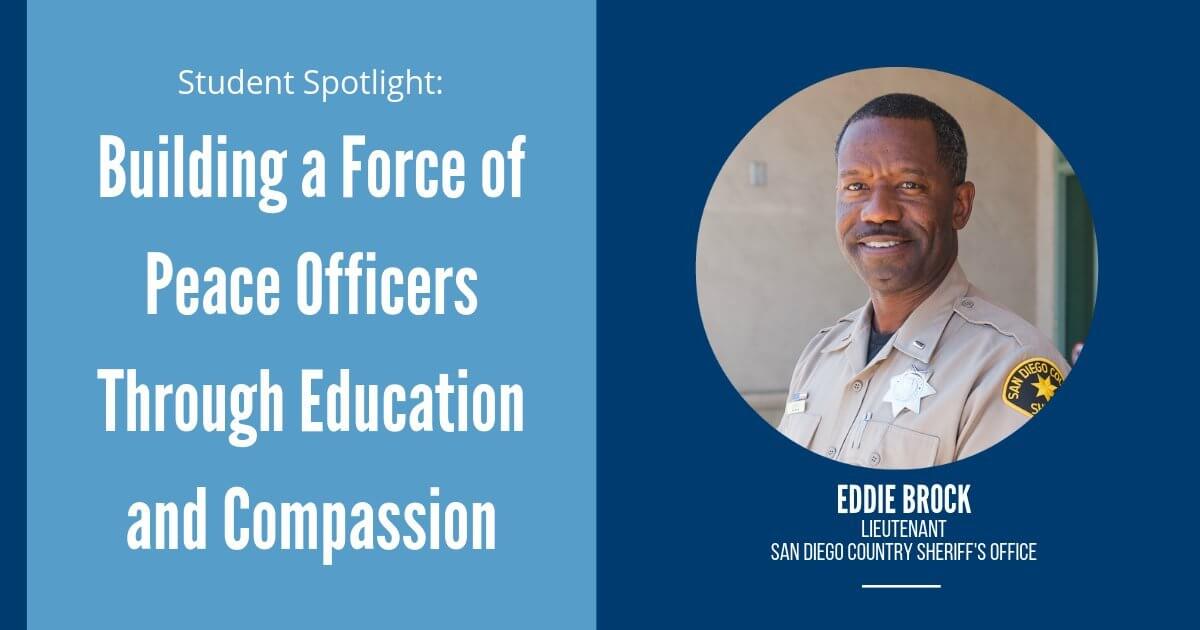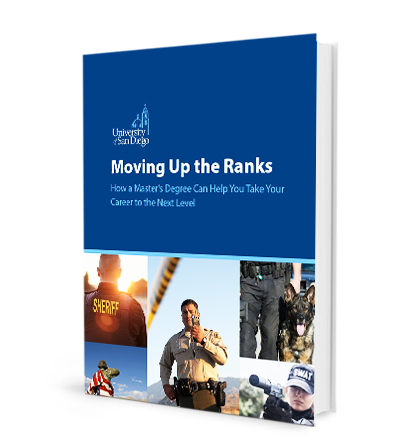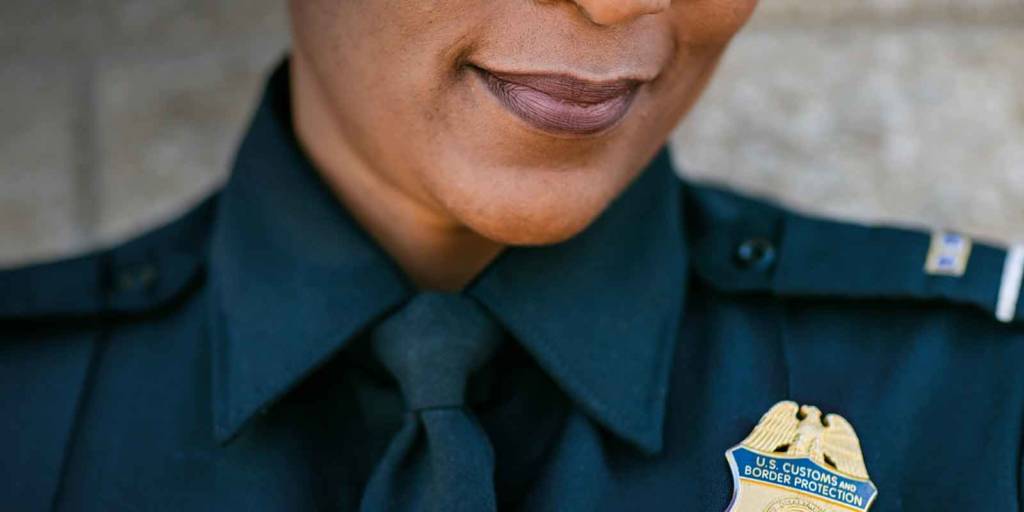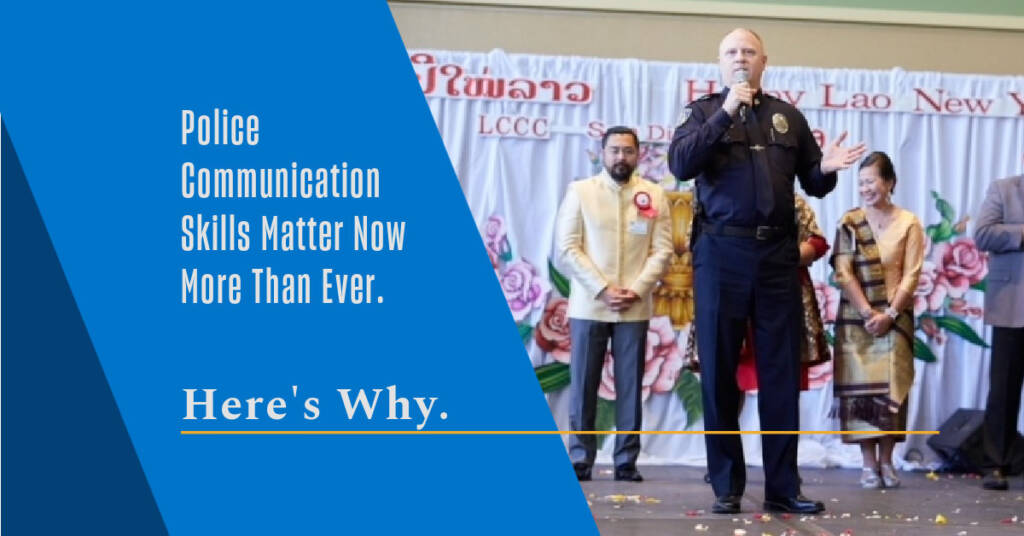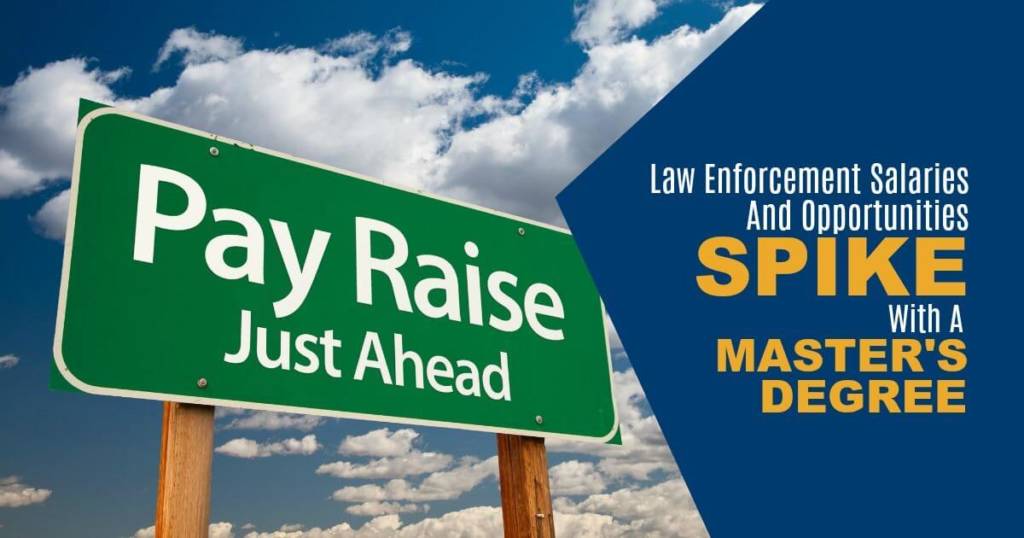Eddie Brock has built a career in law enforcement, working in the field for nearly 24 years after spending five years in the Marine Corps. He currently works as a Lieutenant with the San Diego County Sheriff’s Department and is a graduate student in USD’s Law Enforcement and Public Safety Leadership program. Originally from West Philadelphia, Eddie believes in encouraging compassion and building a force of peace officers who work to serve and help community members while still being firm and effective officers.
How did you get into law enforcement?
It was all happenstance that I began a career in law enforcement. I was in the Marine Corps for 5 ½ years. One day I got into a little tussle with another Marine. We were challenging each other to see who was tougher. The guy challenging me said, “If you were a cop on the street you wouldn’t be strong enough to confront these guys.” I said, “Yes, I would.” Then he said, “You wouldn’t even be smart enough to pass the test.” The next morning I got up and drove to Los Angeles. I took the test, scored extremely well, and got an interview. I kept going further down the process and eventually got hired in San Diego as a correctional deputy.
Why did you decide to pursue your Master’s Degree in Law Enforcement Leadership?
I want to move into executive management and to do that I need certain skills. I would like to compete for a chief of police position somewhere in the country. So I have been studying the people who currently hold this position at different agencies – looking at their background and experiences. And I’ve read a lot of job descriptions. Most of them ask for a bachelor’s degree, however the people who are actually getting hired have advanced degrees. In fact, 85% of current police chiefs have a master’s degree and much of the remaining 15% are currently enrolled in a program somewhere.
Why did you choose University of San Diego?
USD is a Catholic institution and that was very important to me. The pricing was great, and the magnitude of USD’s name in the university world was a major plus. USD is a traditional university reaching out to the working group, and that made a difference to me.
What other schools were you considering?
I was originally applying for scholarships from two other schools. But once USD came into the picture, I didn’t even apply for those scholarships. I would rather hold a degree from USD.
How do you feel about attending classes online?
I have been pleasantly surprised by how the online program is working for me. I was a little concerned at first because I hadn’t taken an online class before. But there are always those life challenges that make it hard to physically get to class and the online option eliminates those challenges.
What specific skills do you think you’ll develop with this master’s program, and how will those skills help you in your police work?
The writing skills are definitely helpful and all the information I am learning in the program I can immediately use at work. The content is top notch. There are few textbooks in the program because the curriculum is so current. Everything we learn is in real time from our professors who are working professionals as well as academics. I am also learning a lot from my peers in the program. Cops are not shy when they know something and they are quick to share. You get an education within your educational realm by listening to the other students and reading through their online posts.
Why do you think education is important for police officers and those in law enforcement positions?
An educated officer knows policing is more than just writing tickets, making arrests etc. The higher educated officer sees the value in getting to know people as opposed to looking at them as numbers or as radio calls.
A police officer with a limited education will see one way to solve a problem in the community. He will solve it as he knows how, with a stick and a gun. The educated officer on the other hand might see the problem from different angles. He or she may recognize the need for social service, intervention, etc. An educated officer will bring in different resources to solve a problem, not just the law. Education causes you to think slower and think broader.
If you would like to advance your career in law enforcement just like Eddie, consider how a graduate degree could help. USD accepts students on a rolling basis in the Fall, Spring and Summer for admission into the 100% online M.S. in Law Enforcement and Public Safety Leadership degree program.
